Coenzyme Q10, otherwise known as CoQ10, is an important nutrient, key in energy production within our cells.
Our body naturally produces CoQ10 naturally, but its levels tends to decrease as we age. Fortunately, CoQ10 is available through supplements.
CoQ10 also has a crucial role as an antioxidant, thus protecting cells from oxidative stress and damage.
There are numerous studies that link CoQ10 to many health benefits to include: cardiovascular health, fertility, antiaging and more.
Please note: We can not deliver this product to the following countries.
( Algeria, Andorra, Anguilla, Azores, Bahrain, Bangladesh, Burkina Faso, Cameroon, Canada, Cayman Islands. Ethiopia, Georgia, Ghana, Gibraltar, Greenland, Hong Kong, Iceland, India, Iraq, Israel, Japan, Kenya, Kuwait, Lebanon, Lesotho. Liechtenstein, Macau, Madagascar, Madeira, Malawi, Malaysia, Martinique, Monaco, Montserrat, Morocco, Namibia, Netherlands Antilles. New Zealand, Nigeria, Norway, Puerto Rico, Qatar, Rwanda, San Marino, Saudi Arabia, Senegal, Serbia, Singapore. South Africa, South Korea, Taiwan, Tanzania, United Republic Of, Thailand, Togo, Tunisia, United Arab Emirates ).
Study:
If you would like to read a study on the link between CoQ10 and fertility, click here. This is from that study: “Female reproductive capacity declines dramatically in the fourth decade of life as a result of an age-related decrease in oocyte quality and quantity. The primary causes of reproductive aging and the molecular factors responsible for decreased oocyte quality remain elusive. Here, we show that aging of the female germ line follows with mitochondrial dysfunction associated with decreased oxidative phosphorylation and reduced Adenosine tri-phosphate (ATP) level.
Diminished expression of the enzymes responsible for CoQ production, Pdss2 and Coq6, was observed in oocytes of older females in both mouse and human. The age-related decline in oocyte quality and quantity could be reversed by the administration of CoQ10. Oocyte-specific disruption of Pdss2 recapitulated many of the mitochondrial and reproductive phenotypes observed in the old females including reduced ATP production and increased meiotic spindle abnormalities, resulting in infertility. Ovarian reserve in the oocyte-specific Pdss2-deficient animals was diminished, leading to premature ovarian failure which could be prevented by maternal dietary administration of CoQ10. We conclude that impaired mitochondrial performance created by suboptimal CoQ10 availability can drive age-associated oocyte deficits causing infertility.”
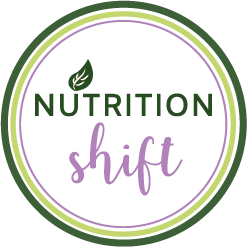
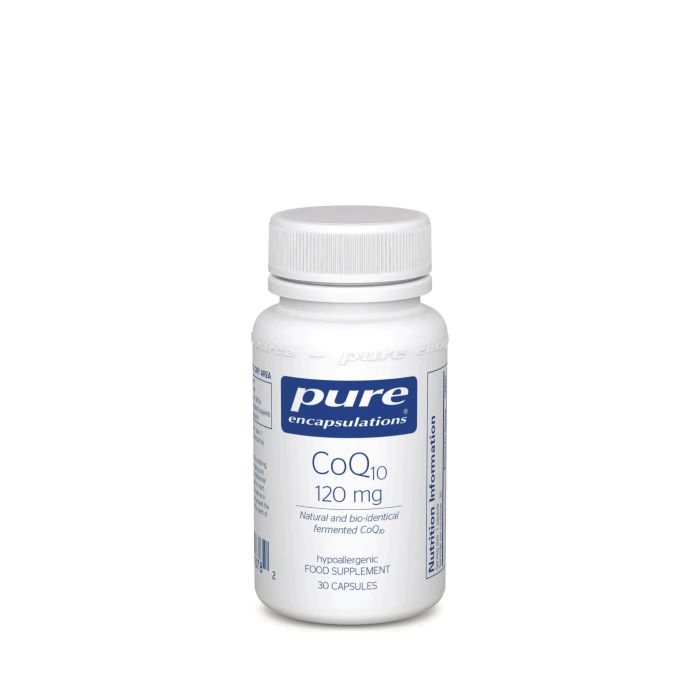
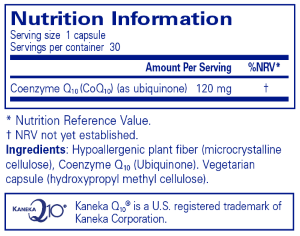
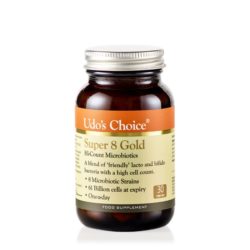
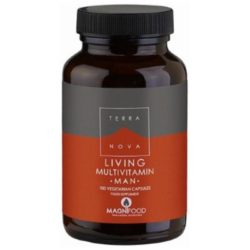
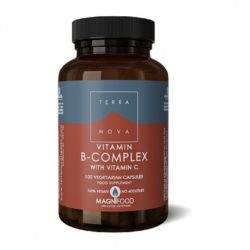
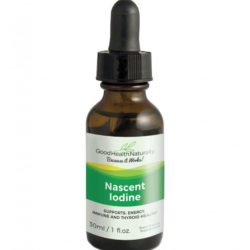
Reviews
There are no reviews yet.